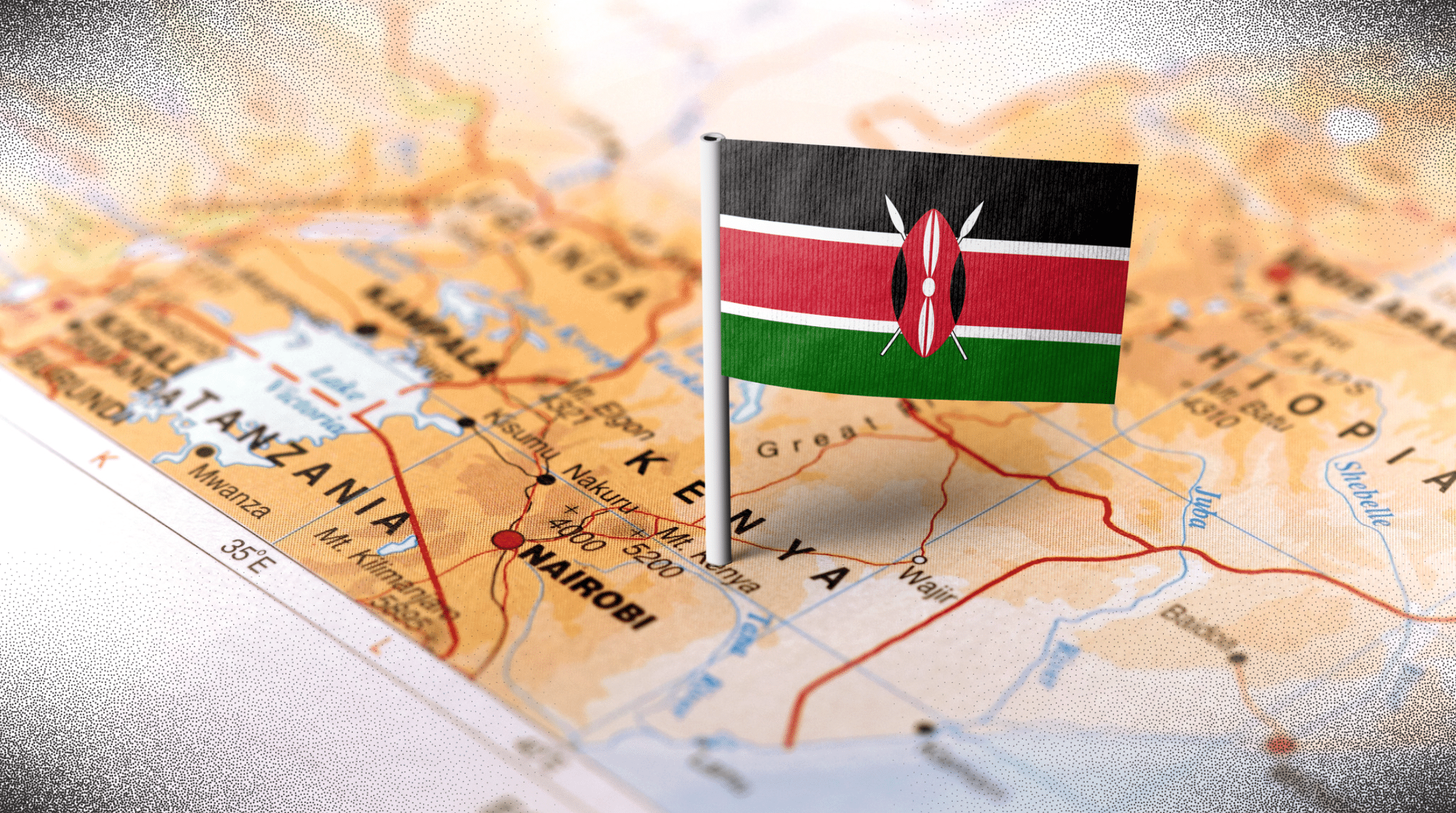
INQUIRER FILE PHOTO
Nairobi, Kenya — Kenya aims to build its first nuclear power plant by 2034, a government minister said on Thursday, as the country prepares to host a US-Africa summit on nuclear energy.
The plant is to be located on the Indian Ocean coast and has already raised objections among activists and local residents over safety and environmental concerns.
Prime Cabinet Secretary Musalia Mudavadi said Kenya planned to construct the plant by 2034, while a research reactor would be commissioned by the early 2030s, according to a statement from his office.
READ: Kenya to reintroduce tax proposals that sparked deadly protests
Media reports have put the cost of the 1,000-megawatt plant at around 500 billion Kenyan shillings ($3.9 billion).
Mudavadi said the project aimed to increase Kenya’s energy capacity, reduce CO2 emissions and create new job opportunities.
“Kenya is committed to leading in clean energy. Kenya (is) focused on advancing nuclear technology as part of Kenya’s sustainable energy strategy,” he said.
The East African nation currently generates about 90 percent of its energy from renewable sources, mainly geothermal but also hydro-electric, wind and solar power.
President William Ruto, who has positioned himself at the forefront of African efforts to combat climate change, has said Kenya had the potential to increase that figure to 100 percent by 2030.
READ: Kenya starvation cult leader goes on trial on terrorism charges
Kenya is hosting the second US-Africa Nuclear Energy Summit next week, which aims to address the continent’s readiness for nuclear power.
South Africa is currently the only country in Africa to have a civil nuclear programme, with two reactors in service for more than 30 years.
Rwanda last year signed a deal with a Canadian-German startup to build an “experimental” nuclear reactor, saying it would help reduce its use of fossil fuels.
And earlier this month it announced an agreement with a US company to construct mini-reactors.
But Kenya’s nuclear project has already run into opposition.
“Instead of pursuing a nuclear programme that puts the lives and livelihoods of our people at risk, we urge the government to invest in renewable energy sources that are safer, cleaner, and more sustainable,” the Kenya Anti-Nuclear Alliance said earlier this year.